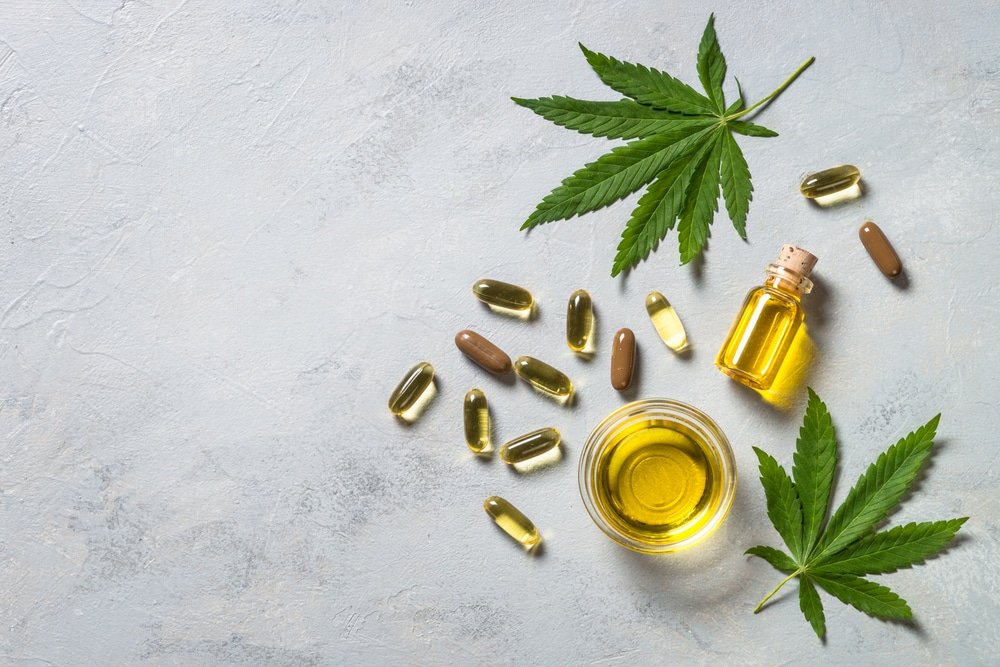
The U.S. Service Members who have served this country are heroes and should be treated as such once they have returned home. Unfortunately, it can be quite difficult for veterans to adapt to civilian life after having served several tours overseas. In addition, they face a number of problems that are common among veterans, such as difficulty finding a job in the civilian sector.
Furthermore, the traumatic experiences that veterans have to encounter in combat can lead to mental health problems that are incredibly difficult to manage without help. Therefore, it is important to acknowledge some of the most common mental health issues that veterans might suffer from and how those can be treated.
The only people who are truly capable of understanding what it is like to serve in combat are other veterans. It comes as no surprise that those exposed to combat conditions are at risk of developing emotional problems. One of the most common conditions that veterans bring home with them from overseas is PTSD. Short for post-traumatic stress disorder, PTSD can cause a person to have panic attacks and flashbacks of traumatic experiences. PTSD can lead to a rise in heart rate, emotional lability, irritability, and difficulty sleeping.
Veterans suffering from PTSD need support from their community. For starters, this means ensuring that veterans have access to therapy and support groups with others who understand their experiences.
There are also natural alternatives to help with PTSD. These include yoga, meditation, and natural supplements like CBD capsules.* In recent years, CBD has become a remarkably popular alternative for a number of conditions. Veterans from every branch of service have discovered CBD after their discharge.
Unfortunately, active duty military personnel are still prohibited from using CBD products. This is due to outdated concerns that CBD or THC might affect military readiness. The Veterans Administration has struggled to understand veterans’ use of medical marijuana for decades. The VA has made some progress, but challenges remain.
Fortunately for discharged veterans, CBD might be a more viable option. Given that hemp-derived CBD products are legal under federal law, veterans can rest assured they they can take these products without risk of violating the law.
CBD and THC both come from cannabis plants, including legal hemp plants. THC is the compound that gets a person high. But because hemp contains not more than 0.3 percent THC, there is not enough THC in hemp-derived CBD products to get a person high.
Now that CBD has become better understood, countless studies are being conducted to provide profound insights into the matter. These preliminary studies suggest that CBD could be useful for veterans who are suffering from anxiety, sleep disorder, and other mental health conditions. Therefore, veterans who have trouble adjusting to life after returning from overseas should consider speaking with a trained medical professional about CBD.
Some veterans are still subjected to drug testing. The VA drug tests certain veterans who receive pain medications. Other veterans might be concerned about failing a drug test because they retain a security clearance. These veterans should discuss their CBD options with a medical professional.
Veterans deserve to have access to the healthcare they need to help with the problems that arise after serving their country, including access to CBD. One day soon, all military personnel will have access to CBD products, including those on active duty. But until then, veterans should explore CBD as an option to educate themselves and their fellow veterans on the potential health benefits of CBD.
*These statements have not been evaluated by the Food and Drug Administration. These products are not intended to diagnose, treat, cure, or prevent any diseases.
ATTENTION READERS
We See The World From All Sides and Want YOU To Be Fully InformedIn fact, intentional disinformation is a disgraceful scourge in media today. So to assuage any possible errant incorrect information posted herein, we strongly encourage you to seek corroboration from other non-VT sources before forming an educated opinion.
About VT - Policies & Disclosures - Comment Policy



